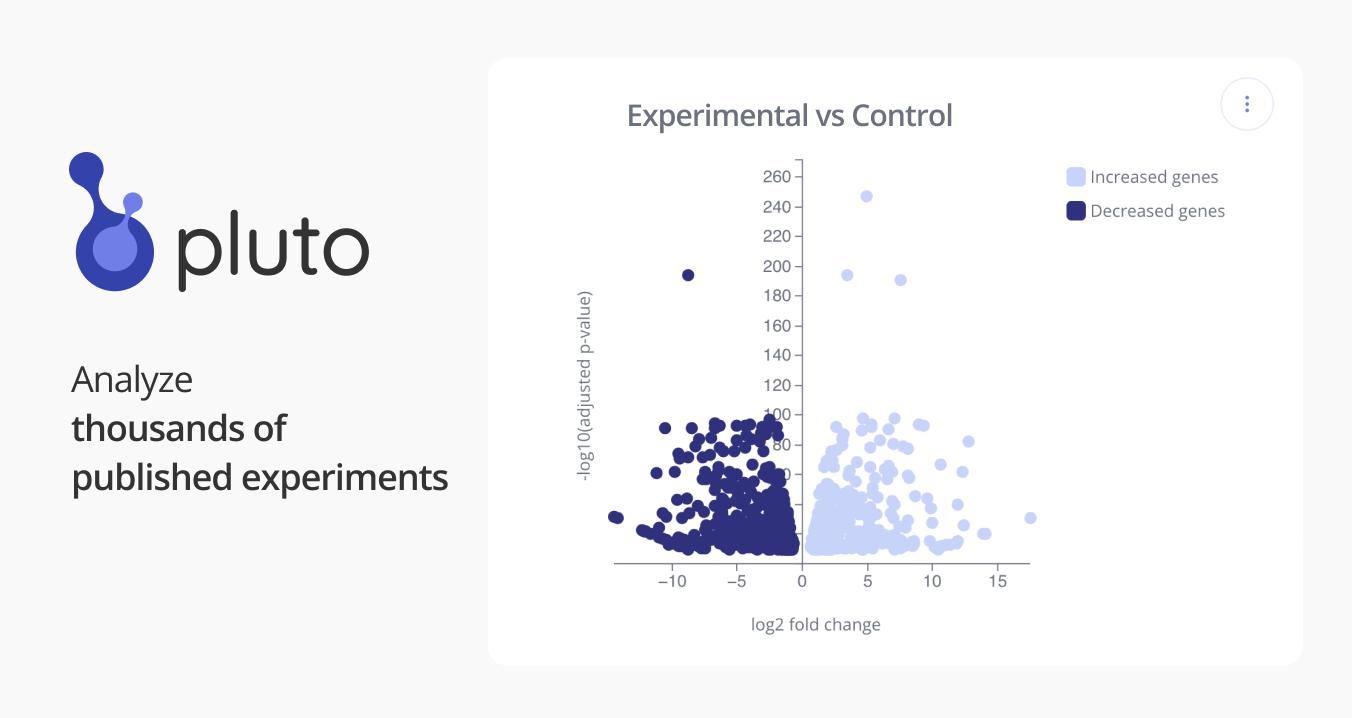Pluto Bioinformatics
GSE132410: Indoxyl sulfate stimulates angiogenesis by regulating reactive oxygen species production via CYP1B1
Bulk RNA sequencing
Introduction: Indoxyl sulfate (IS) is an accumulated protein-bound uremic toxin found in patients with kidney disease. Although it is known that IS impairs the vascular endothelium, the precise underlying mechanism remains unclear.; Methods: We performed RNA sequencing in human umbilical vein endothelial cells (HUVECs) that were treated with either IS or control medium. Gene enrichment analyses were performed based on differentially expressed genes. We further examined the main enriched biological processes at the functional level.; Results: We identified 1,293 genes that were affected in IS-treated HUVECs when compared to control and gene enrichment analysis indicated altered vascular formation and cell metabolism. We observed decreased viability and increased cell senescence due to IS treatment at the functional level. Furthermore, we demonstrated that IS exposure of HUVECs promoted angiogenesis as shown by the increase in total tubule length in a 3D HUVECs/pericytes co-culture assay. We also observed an increase in ROS production in IS-treated endothelial cells. Notably, the pro-angiogenic response of IS and the increased ROS production were abolished when CYP1B1, one of the main target genes that was upregulated by IS, was silenced.; Conclusion: IS promotes angiogenesis and CYP1B1 is an important factor in IS-activated angiogenic response. SOURCE: Caroline Cheng Universitair Medisch Centrum Utrecht
